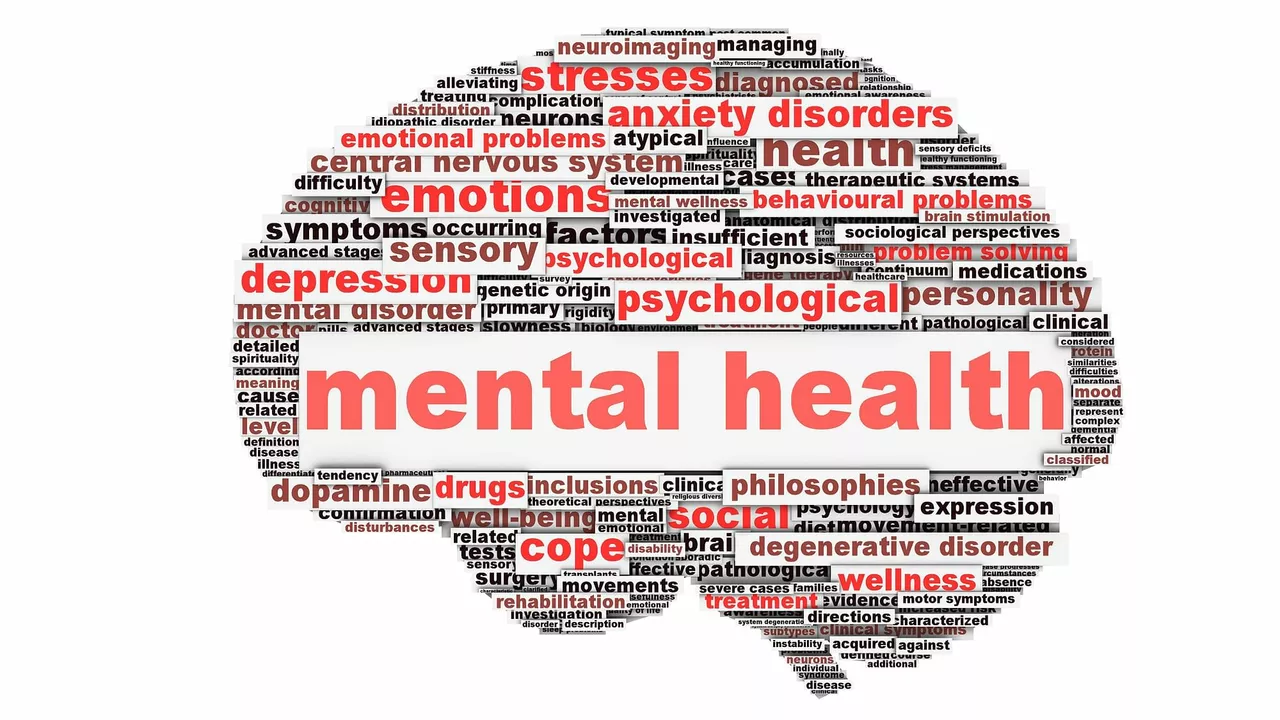Emotional well-being: practical steps to feel better today
Feeling flat, anxious, or on edge? Emotional well-being isn’t about being happy all the time. It’s about steady day-to-day coping, clearer thinking, and having tools when things get rough. Below are small, practical moves you can use right now—and guidance on meds and supplements when you need them.
Quick daily habits that lift mood
Sleep matters. Aim for a regular bedtime and wake time; even shifting your schedule 30 minutes can help. Move for 20–30 minutes most days—brisk walking, a short bike ride, or stretching works. Light exposure helps too: get sunlight in the morning or use a daylight lamp on darker days. Eat regular meals with protein and vegetables—low blood sugar can worsen anxiety and irritability. Limit alcohol and nicotine; both can make mood swings worse over time.
Use a simple grounding trick when stress spikes: name five things you can see, four you can touch, three you can hear, two you can smell, one you can taste. Breathe slowly for one minute—inhale for four, hold for four, exhale four. These quick tools reset your nervous system and help you think clearly.
Medications, supplements, and safe choices
If you’re on or considering antidepressants (like Effexor or fluoxetine), talk openly with your prescriber. Don’t stop or change doses suddenly—some meds, especially venlafaxine (Effexor), can cause strong withdrawal symptoms if stopped abruptly. Ask about expected side effects, how long until benefits appear, and a clear plan for tapering if needed.
Supplements like red yeast rice, nutmeg (used sparingly), or rice bran show up in wellness conversations. They can help some people, but they’re not risk-free. Tell your doctor about any supplement—some interact with prescription meds or affect lab tests. If you buy meds or supplements online, use verified pharmacies and check credentials; our guides on verifying online pharmacies can help you avoid scams.
Therapy and social support matter as much as meds for many people. Cognitive-behavioral therapy, counseling, or support groups give practical coping skills and a place to practice them. If cost or access is a problem, look for sliding-scale clinics, community mental health centers, or reputable online therapy platforms.
Know when to get urgent help: thoughts of harming yourself or others, severe changes in sleep or appetite, confusion, or sudden withdrawal from daily life need immediate attention. Reach out to a clinician, local emergency services, or a crisis hotline in your area. You don’t have to solve it alone.
Start with one thing—add a short walk, regular sleep, or a daily breathing break—and build from there. Small wins stack up fast and make managing mood and stress feel doable, not overwhelming.

